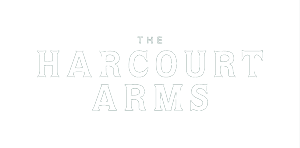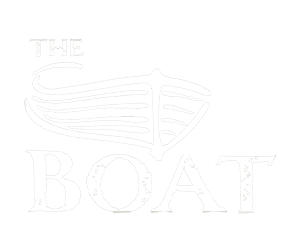
Website Performance: strategies to ensure that hotel websites are optimized to drive direct sales and maximise profits
The importance of website design in revenue management
This topic follows on from previous blogs, which discussed the importance of driving direct sales in revenue management, and using social media channels to drive customers to the hotel website.
Once customers have been directed to a website, it is imperative that they do not then migrate elsewhere to complete the hotel booking: in doing so they may render purposeful social media strategies ultimately futile.
The abandonment rates in hotel bookings have been consistently shown to be very high, and every additional step to complete a transaction is a chance for a customer to leave.
Revenue managers can advise on appropriate strategies for a particular hotel, but it is important that the focus of the website is on improving the customer experience and reacting to evolving customer expectations.
Online buying generally has become increasingly simplified, with ubiquitous systems of one-click buying and authorising payments with fingerprints on a mobile, but too often hotels can lag behind with numerous steps to booking, making the process more complicated than it needs to be. Customers may also migrate to another site to check details that could easily be incorporated into a hotel website. If customers are lost unnecessarily, it will tangibly hinder profitability and undermine revenue management strategies.
Where customers can be captured directly, there are other ancillary benefits such as the diversification of demand streams and increased data capture on the customer to improve future guest experience, something that will be considered in more detail in the next blog.
The guest experience improves when the relationship with the customer can develop pre-stay.
Website design and the art of keeping it simple
The trend of simplifying the customer experience in all online transactions has essentially been driven by its own success: the easier it is to buy, the more a business will sell.
There are no reasons that a hotel booking should require more steps than any other e-commerce transaction, but too often offering a wide array of extras such a room service options and late checkouts can complicate the process and calls to action can be relegated to the bottom of the page. Beyond the transaction itself, it is also important that a website only presents the information that customer needs to see.
Website Performance: strategies to ensure that hotel webistes are optimized to drive direct sales and maximise profits.
Images are much more important than descriptive paragraphs, and clear, large, high-resolution professional photographs are important to clearly show what a room has to offer.
Menus should be easily navigable; customers do not always have a clear date in mind and it should be simple to compare other dates and room rates, otherwise customers may be lost to OTA’s. Finally, the website should be equally accessible via mobile as this is increasingly becoming the main source of internet searching for many customers.
With 65% of same day bookings now made via mobile, this is a crucial factor in revenue management.
Revenue Management and keeping the customer at the website
Keeping the customer at the site until the transaction is complete will improve profitability and is therefore important for revenue management.
The abandonment rates for hotel booking is high because customers give their choice of hotel more thought than many other purchases: a stay in a hotel is an experience not a product.
It is this additional element of contemplation that can drive customers away during the booking process.
There are, however, steps that can be taken to mitigate this effect. Customers may wish to see digital maps and Google Streetview to see the hotel location in context, all of which can be incorporated into websites.
Customers almost always include the experiences of others as part of their research and this can be included in the hotel website, so that customers do not need to go to a site like Tripadvisor for reviews.
Analysis of the website design and performance should not be overlooked and can easily be incorporated into revenue management training.
Finally, if a customer does leave during the booking process, if the website has made a favourable impression, it is more likely they will return.
More proactively, basket abandonment emails can be sent to customers making it easier for them to return to the site and complete the booking process. Ensuring that the website is optimized to capture as many direct bookings as possible, is an essential part of the revenue management strategy.
If you would like to know more, Octopus Revenue are here to help.



















































